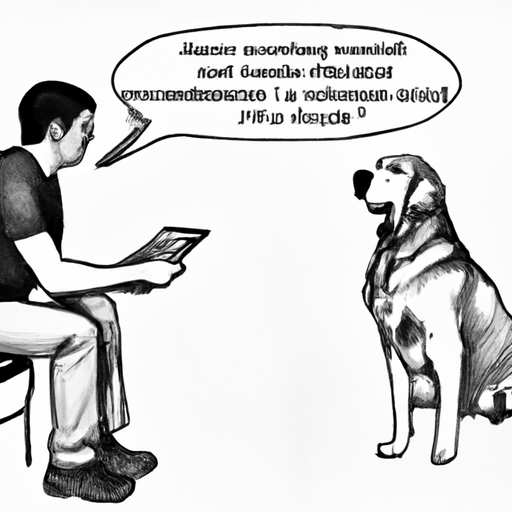When it comes to your furry family member, no expense is too great. But when you’re facing a potential ACL surgery for your dog, it’s natural to wonder: just how much is this going to cost?
H2: Understanding Canine ACL Surgery
Just like humans, dogs can suffer from Anterior Cruciate Ligament (ACL) injuries. This can be a result of trauma, degeneration, or simply the breed and size of the dog. ACL surgery for dogs, also known as TPLO (Tibial Plateau Leveling Osteotomy), is a common surgical procedure designed to stabilize the knee and restore mobility.
H2: Factors Influencing the Cost of Canine ACL Surgery
Several factors can influence the cost of canine ACL surgery. These include:
- Geographical location: The cost of living in your area can significantly affect the cost of the surgery.
- Veterinary practice: Some practices may charge more than others.
- Complexity of the surgery: Depending on the severity of your dog’s condition, the complexity of the surgery may vary, affecting the cost.
H2: The Typical Costs of Canine ACL Surgery
While costs can vary widely, typically, you can expect to pay between $1,000 and $2,500 for canine ACL surgery. Here’s a rough breakdown of the potential costs:
| Expenses | Average Cost |
|---|---|
| Initial Exam | $100-$200 |
| X-Rays | $100-$200 |
| Surgery | $1,000-$2,500 |
| Post-Op Care | $100-$300 |
These are estimated costs and actual expenses may vary.
H2: Ways to Manage the Cost of Canine ACL Surgery
If you’re concerned about the cost of your dog’s ACL surgery, there are several strategies you can use to manage the expense:
- Pet insurance: Some pet insurance policies cover surgeries, including ACL procedures.
- Payment plans: Ask your vet if they offer payment plans.
- Fundraising: Many online platforms allow you to raise funds for pet medical expenses.
H2: Frequently Asked Questions
-
Is ACL surgery necessary for my dog?
Each case is unique. Some dogs may recover with conservative treatment, while others may require surgery. -
How long is the recovery after canine ACL surgery?
Recovery can take anywhere from a few weeks to several months, depending on your dog’s overall health and the severity of the injury. -
Are there risks associated with canine ACL surgery?
As with any surgery, there are risks. These might include infection, reaction to anesthesia, or complications related to the surgery itself. Discuss these risks with your vet.
Remember, you’re not alone in this journey. You’re taking these steps because you want what’s best for your furry friend, and that makes you an incredible caregiver. With the right information and support, you’ll be able to navigate this process with confidence.



